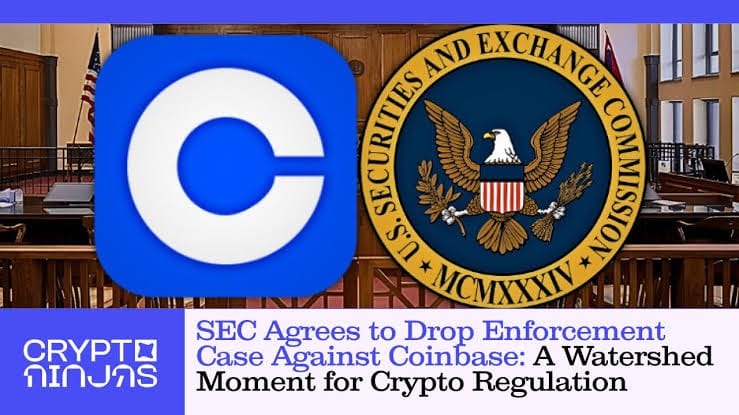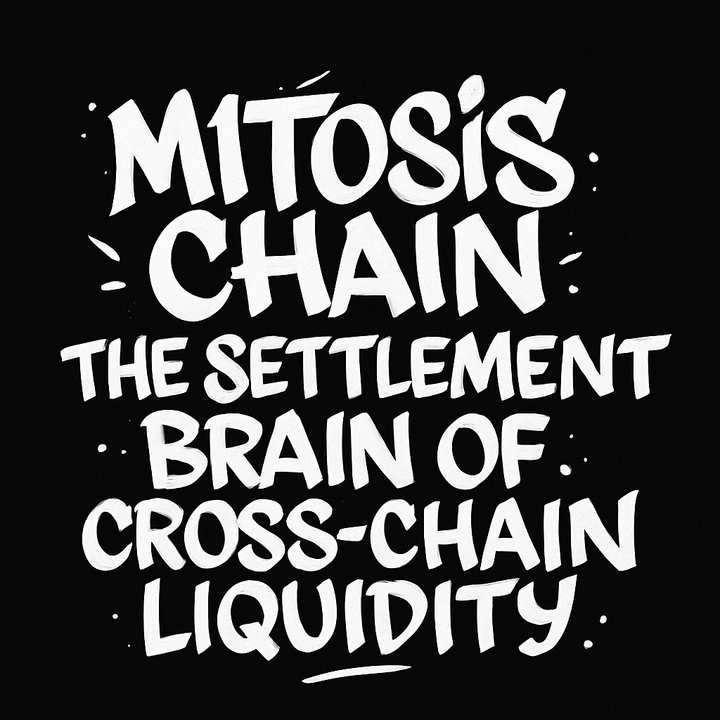SEC Drops Enforcement Suit Against Coinbase

In late February 2025, in a move few saw coming, the U.S. Securities and Exchange Commission (SEC) filed to dismissits two-year-old civil enforcement action against Coinbase—effectively dropping its charges that the exchange operated as an unregistered securities broker, exchange, and clearing agencySEC. This reversal marks a dramatic departure from the SEC’s aggressive posture under its previous leadership and signals a potential shift toward clearer rule-making over courtroom battlesReuters. For market participants, developers, and regulators alike, the dismissal raises fresh questions: Has the SEC simply run out of steam, or is this the opening salvo in a new regulatory playbook? And how will other enforcement actions—from Binance to Kraken—be affected?
Background: From Wells Notice to Case Dismissal
The Original 2023 Lawsuit
In June 2023, under then-Chair Gary Gensler, the SEC filed suit against Coinbase, alleging that at least 13 tokens traded on its platform qualified as unregistered securities, and that its staking program operated without proper registrationwhitecollarlawblog.com. Coinbase fought back, suing the SEC in federal court earlier that spring to compel clarity on digital asset rule-making, arguing that enforcement without clear regulations was arbitraryCoinbase.
Mounting Pressure and Industry Pushback
Over the next 18 months, the SEC’s sweeping crypto enforcement—against not just Coinbase but also Binance, Kraken, Uniswap Labs, Robinhood, and others—drew criticism from Capitol Hill, the courts, and the industry. Lawmakers and trade groups argued that regulatory uncertainty stifled innovation and drove projects offshoreWIRED. Meanwhile, a series of lawsuits and stays fragmented enforcement resources, raising concerns about collateral damage to retail investors and market stability.
The Dismissal Decision: What Happened?
Joint Stipulation to Dismiss
On February 27, 2025, the SEC and Coinbase filed a joint stipulation to dismiss the enforcement action, subject to final commissioner approvalSEC. The SEC’s press release offered no new factual concessions—rather, it emphasized a desire to “focus on creating a comprehensive and clear regulatory framework” for digital assets going forwardSEC.
Political and Administrative Context
This move comes amid a broader Trump administration retreat from aggressive white-collar enforcement, including crypto cases, as outlined by The Wall Street JournalWSJ. An executive order in January prioritized “crimes with clear victims” over complex financial-innovation disputes, while agency budgets and personnel appointments have reflected a cooling of the prior administration’s zeal for high-profile litigation.
Why It Matters: Regulatory and Market Implications
1. A New Regulatory Playbook
Dropping the case suggests the SEC may now favor rule-making—drafting clear regulations through notice-and-comment procedures—over ad hoc enforcement. This aligns with Coinbase CEO Brian Armstrong’s long-standing demand: “Write the rules first, then we’ll play by them”Coinbase. For DeFi builders and token projects, greater clarity around definitions (e.g., what constitutes a “security” under the Howey Test) could reduce legal risk and capital flight to friendlier jurisdictions.
🔗 Explore our Regulation glossary term for key definitions and how on-chain compliance may evolve.
2. Impacts on Other Enforcement Actions
With Coinbase off the docket, attention turns to parallel suits against Binance and Kraken—both of which involve similar unregistered-securities allegations. Will the SEC now stay or dismiss those actions too? Industry observers expect a cascading effect: regulators may pause enforcement to allow legislative or rule-making processes to catch up, reshaping the balance between enforcement and policy developmentWIRED.
3. Market Confidence and Volatility
In the immediate aftermath, Coinbase’s stock (COIN) jumped over 10% on news of the dismissal, reflecting relief that a prolonged legal cloud has lifted. Yet some investors worry that without robust enforcement, market misconduct could increase—echoing concerns from The American Bar Association that under-regulation invites fraudAxios.
Broader Lessons for DeFi and Governance
Democratizing Rule-Making
DeFi protocols often tout on-chain governance, where token-holders vote on proposals. The SEC’s case reversal underscores that real-world governance—in the form of administrative rule-making—can have an even larger impact on protocol operations. Participating in regulatory comment periods isn’t far removed from casting an on-chain votePioneer.
🔗 Learn more about how governance proposals shape Mitosis’s roadmap in our Governance Proposalssection.
Liquidity and Interoperability
Regulatory clarity supports cross-chain liquidity strategies by reducing legal uncertainty over token classification. As DeFi users seek seamless movement of assets across EVM and non-EVM networks, a stable rule-set helps developers integrate compliant bridges and pools without fearing enforcement retroactively shutting them downWIRED.
🔗 Discover modular liquidity design in our Liquidity Strategies deep dive.
What’s Next?
- SEC Rule-Making Sprint
Expect formal rule proposals on security classification, staking, lending, and decentralized exchanges in mid-2025. Public comment periods will be critical—projects should prepare detailed feedback to shape final rules. - Congressional Crypto Framework
Bipartisan bills in both the House and Senate aim to codify aspects of crypto oversight, from custody requirements to tax reporting. A unified legislative framework could undercut regulatory ambiguity more permanently. - Oregon’s “Copycat” Case
Not everyone is standing down: the Oregon Attorney General has filed its own suit against Coinbase, mirroring the SEC’s original claims, underscoring the patchwork nature of crypto regulation in the U.S.Cointelegraph.
Conclusion
The SEC’s dismissal of its enforcement action against Coinbase is more than a legal footnote—it may herald a fundamental shift in U.S. crypto policy from enforcement-first to rules-first. For builders, investors, and governance participants, the window to influence these emerging regulations is now wide open. Will you raise your voice—or let the new guidelines be written without you?
Internal Links:
- Liquidity TVL Glossary
- Expedition Boosts
- Straddle Vault
- Mitosis University
- Mitosis Blog.
- Mitosis Core: Liquidity Strategies.



Comments ()